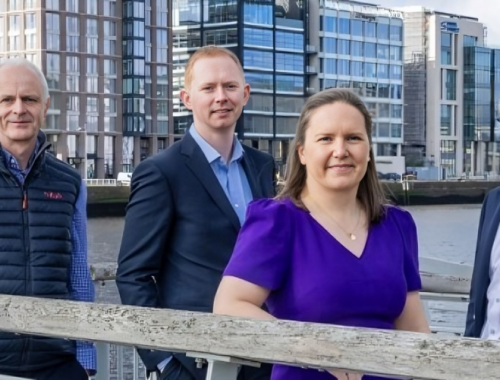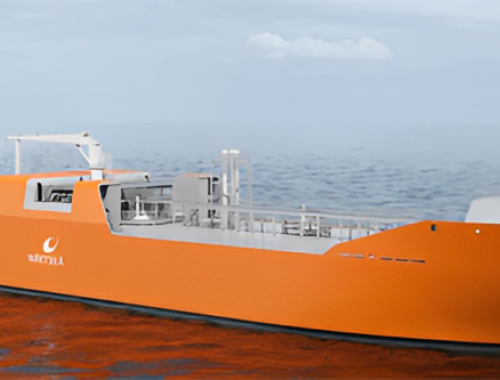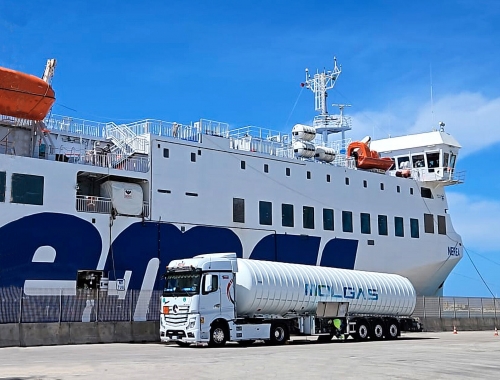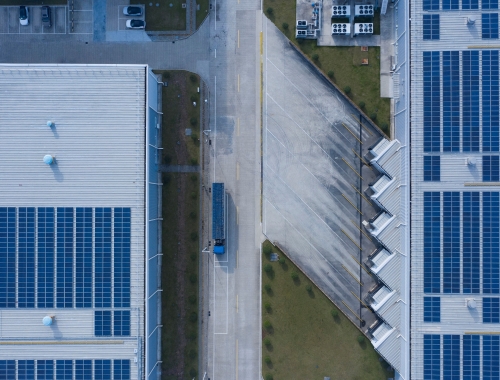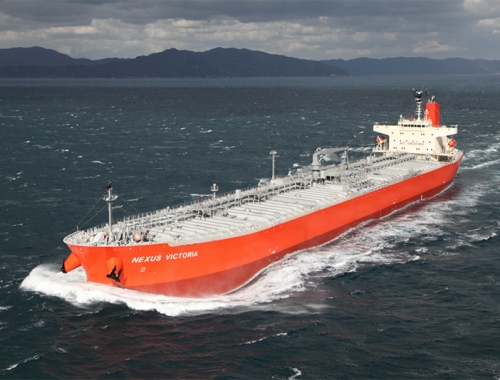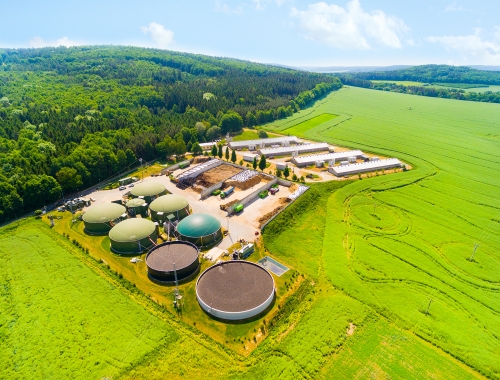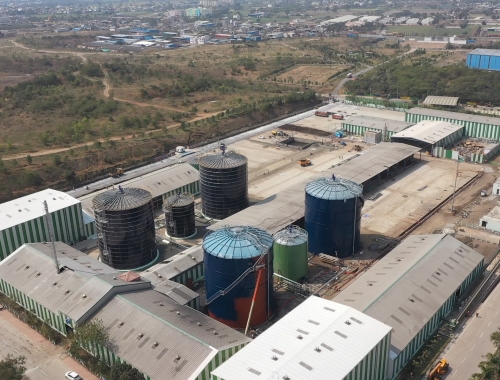BP works on decarbonising German steel
SUMMARY
Thyssenkrupp Steel accounts for 2.5% of CO2 emissions in Germany.
By Joseph MurphyPOSTED IN:
BP has signed a memorandum of understanding with German steelmaker Thyssenkrupp Steel on decarbonising steel production with the use of hydrogen and renewable energy, the UK major reported on July 11.
Thyssenkrupp Steel accounts for 2.5% of CO2 emissions in Germany, mainly originating at its site in Duisburg, where blast furnaces are located. By replacing these coal-fired blast furnaces with direction reduction plants, where iron ore is reduced with low-carbon hydrogen, the company hopes to make its steel production climate-neutral in the long-term.
BP and Thyssenkrupp Steel will consider supplying both blue and green hydrogen, as well as procuring power from wind and solar power plants, as part of their collaboration.
“As part of our strategy to provide a range of decarbonisation solutions to corporates, bp is already investing in and working to develop a portfolio of industrial-scale hydrogen projects in Germany, the Netherlands, Spain, the UK and Australia," BP's vice president for regions, cities and solutions, William Lin, said in a statement. "With our aligned ambitions and complementary investments, thyssenkrupp Steel and bp can together help this hard-to-abate sector decarbonise faster.”

